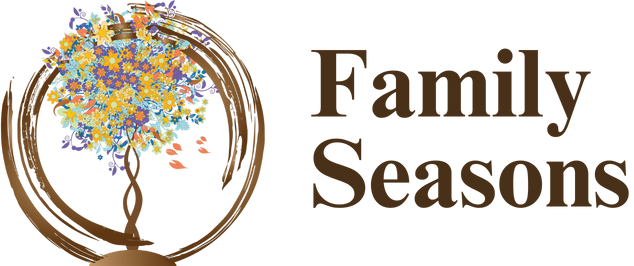Your Postpartum Body: A Guide to Physical Recovery

Embarking on the journey of motherhood is accompanied by profound physical changes and the need for recovery after delivery. The postpartum body undergoes a series of adaptations as it heals from childbirth and returns to a non-pregnant state. This period, often referred to as the fourth trimester, is a time for new mothers to heal, to bond with their newborns, and to adjust to the demands of parenting. Grasping the importance of rest and wound healing, integrating gentle exercises, recognizing the role of nutrition, and being patient with the body’s natural healing process are critical steps towards a wholesome recovery.
Understanding the Timeline of the Body’s Natural Healing Process
It’s important to approach postpartum recovery with realistic expectations about the timeline for healing. Every woman’s body is unique, and factors such as the type of delivery, the presence of complications, and individual health conditions will influence the recovery process.
Generally, the uterus takes about six weeks to contract back to its pre-pregnancy size, a process known as involution. Perineal tears or cesarean incisions also typically heal within this timeframe. However, complete internal healing and return to pre-pregnancy physiology can take several months to a year.
Losing the weight gained during pregnancy is another aspect of postpartum recovery that varies greatly among women. A gradual loss of one to two pounds per week is considered safe and sustainable, especially when combined with a healthy diet and regular exercise.
It is also normal for new mothers to experience a range of emotions as their bodies and hormones recalibrate. Emotional well-being is just as important as physical health during this period, so seeking support from family, friends, or a mental health professional can be beneficial.
The return to pre-pregnancy fitness levels and activities should be a gradual progression. It’s essential to set achievable goals and celebrate small milestones along the way. Overexertion can lead to setbacks in recovery, so patience and self-compassion are key.
The fourth trimester is a transformative period that requires patience and care. Providing the body with the necessary rest, incorporating gentle exercise, eating a nourishing diet, and understanding the natural timeline for healing can all contribute to a smoother recovery. Listening to the body and seeking professional guidance when necessary will ensure that the postpartum experience is as healthy and positive as possible.
As the initial weeks post-delivery transition into months, the body will continue to recover and adapt. The emphasis on recuperation should not diminish, and gradual reintegration into more strenuous activities should be undertaken with caution and mindfulness.
The postpartum body is a testament to the strength and resilience inherent in motherhood. Through attentiveness and self-care, the journey back to physical health can be an empowering experience. Embracing the process and the changes it brings is part of the remarkable transition into parenting.
We understand the unique challenges and joys that come with the postpartum journey. Let us be part of your recovery and growth as you navigate the beautiful complexities of motherhood. Contact us today to learn more and get the support you deserve.










